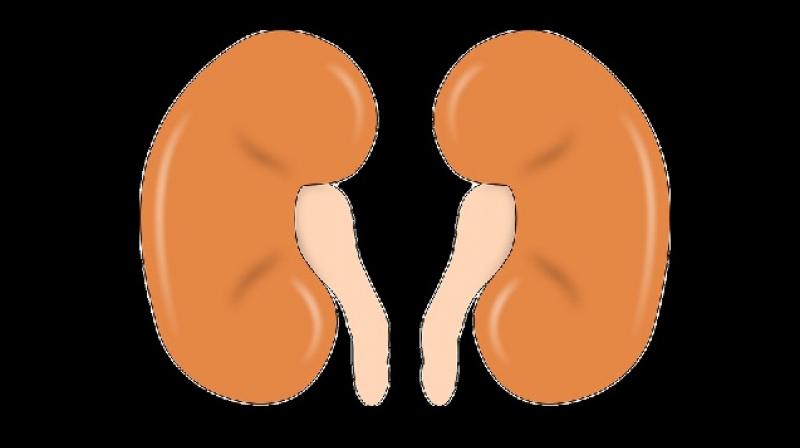New rules have diluted kidney transplant act
About 50,000 people waiting for kidney in registries.

Hyderabad: Complaints have been pouring into the Indian Society of Nephrologists as to how some people are able to get donors quickly while others have to wait for a kidney for years.
The kidney transplant surgery of Union finance minister Arun Jaitley at the All India Institute of Medical Sciences has raised the crucial question: How did he get a donor in a week’s time?
Not just Mr Jaitely; many other influential people have also managed to circumvent the waiting period and have got a donor and the transplant.
There are approximately 50,000 people waiting for a kidney in the registries of government hospitals and cadaver transplant sections in the country. There are approximately 2 lakh patients on dialysis in India every year. Only 10,000 transplants happen every year, both because of the cost - Rs 7 to Rs 9 lakh - and because the donor must be related.
But if a donor has to be arranged and a transplant managed the costs extends to Rs 12 to Rs 15 lakhs. Nephrologist Dr Pradeep Deshpande, past president of the Indian Society of Nephrologists says new rules have diluted the transplant act.
“The Human Organ Transplant Act has been diluted in 2007 and 2011. The first law enacted in 1994 was very strict where the transplant proposals came to the state government committee and they were clear that it was not to be exploited for commercial reasons. Hence the donor had to be a first blood relative, either mother, father, son or daughter. But in the changed law, the powers have now been transferred from the state government committee to a hospital committee. Any hospital which does more than 25 transplants in a year has a committee of their doctors, a government representative and representative of a non-government organisation and they take the decision on transplants. In these cases, time and again there have been queries raised whether the clearance was done according to merit or there was an underlying commercial benefit,” Dr Deshpande says.
The dilution in the law has made it very difficult to find out if transplants are being done properly until and unless a disgruntled donor complains to the government.
A senior nephrologist, who did not want to be named, said that the blood group has to match and that is the main criterion.
“We have found that those who have the common blood group O are able to get donors easily while the rare blood groups have a major problem. Hence if the blood groups are rare, the papers have to be very carefully prepared as there are a lot of queries and questions have to be asked.”
It is estimated that there must be at least 20,000 transplants per year in India but that is not happening due to the cost factors and also ‘managing’ the committee. Another doctor on condition of anonymity explained, “The risk is taken only after knowing that the donor is completely satisfied and will not go to the government or media and complain. In the recent case in Mumbai, the donor complained and the doctors had to undergo the inquiry. Hence the hospitals have become very careful and want that the donor must be completely satisfied.”
Some of the private hospitals have also opted for a ‘swab transplant’ where the donors are relatives and due to non-matching of blood groups they are exchanging the donation for mutual benefit. In this the costs are comparatively less but these are not carried out in large numbers.

